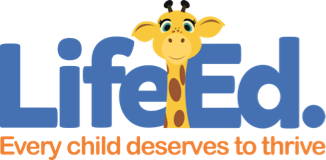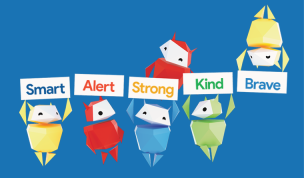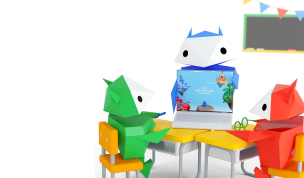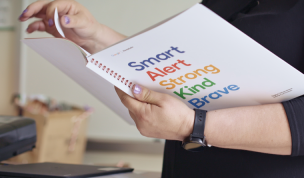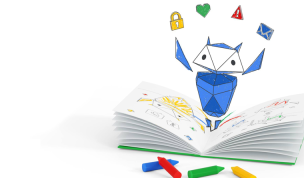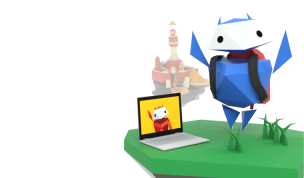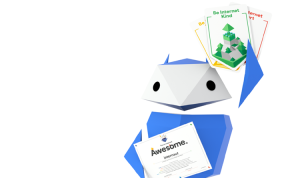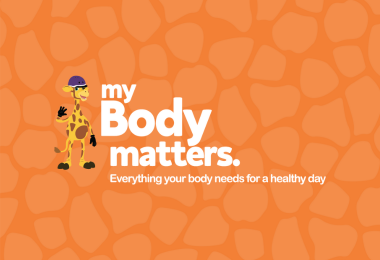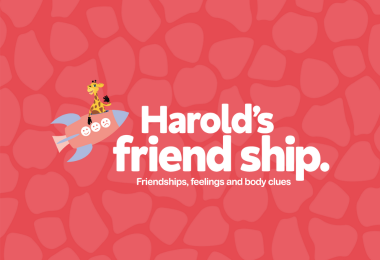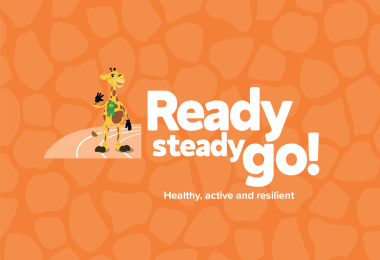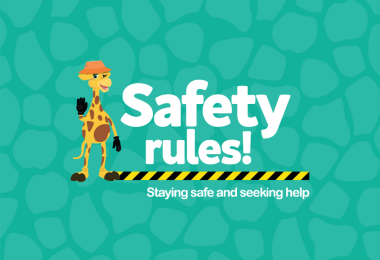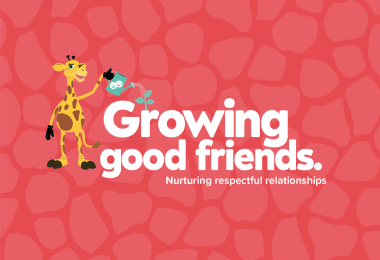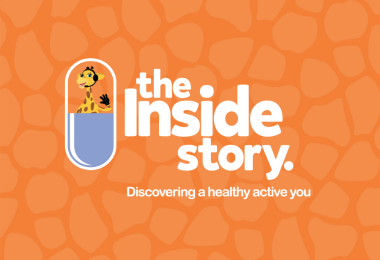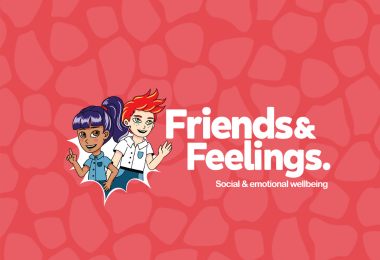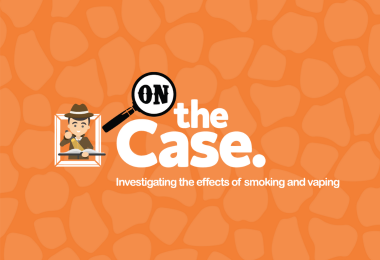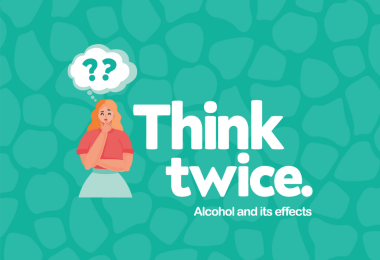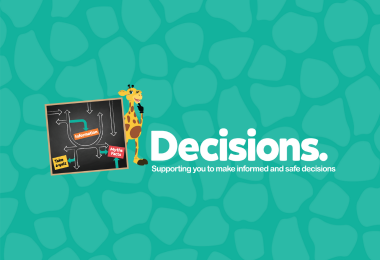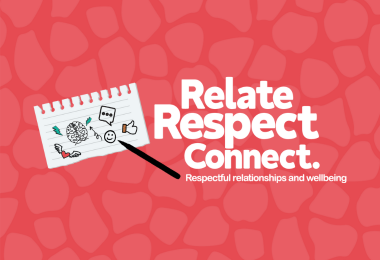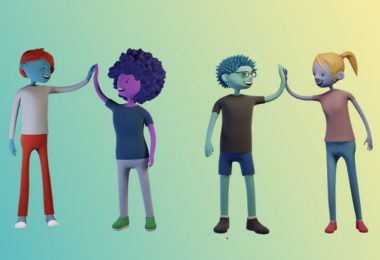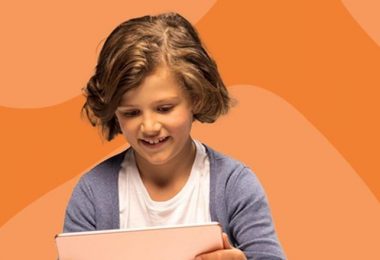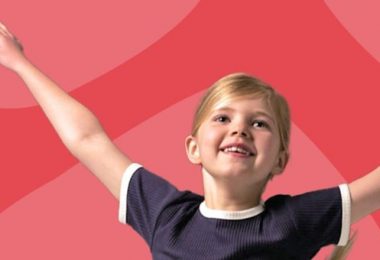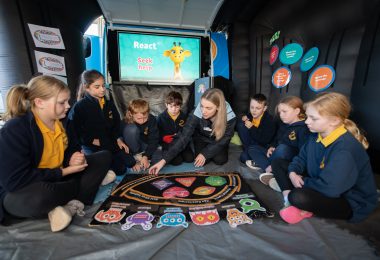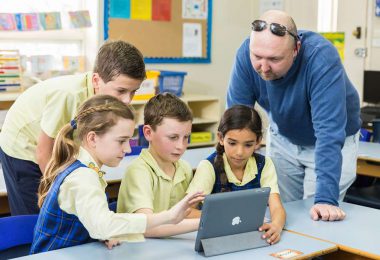
Our teaching pedagogy has always been to provide schools with a series of lessons they can use both before and after a visit from Life Ed.
Whether you have booked a face to face visit or an online visit these fun interactive lessons help in preparing your students for the Life Ed program and will also help embed the learning for maximum retention and impact. Following critical feedback from teachers and educators we have ensured these lessons are quick, easy and fun taking only 15-20 minutes. We will be constantly updating them so we welcome your feedback and please keep visiting to see what we have added throughout the year.
Primary Pre & Post Program Lessons
Primary
My Body Matters – Foundation / Early Stage 1 / Kindergarten / Prep / Reception / Transition
Primary
Harold’s Friend Ship – Foundation / Early Stage 1 / Kindergarten / Prep / Reception / Transition
Primary
bCyberwise – Year 3 / Year 4
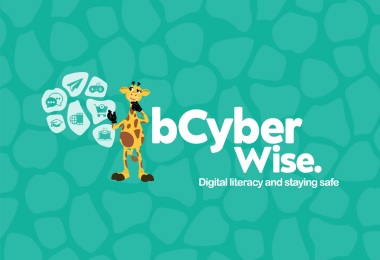
This module covers
- How to recognise, react and report unwanted contact, bullying or predatory behaviours
- Keeping personal information safe online
- Responsible and respectful behaviour when using communication technology
- Skills for building positive relationships with friends
- Exploring the role of bystanders
Primary
